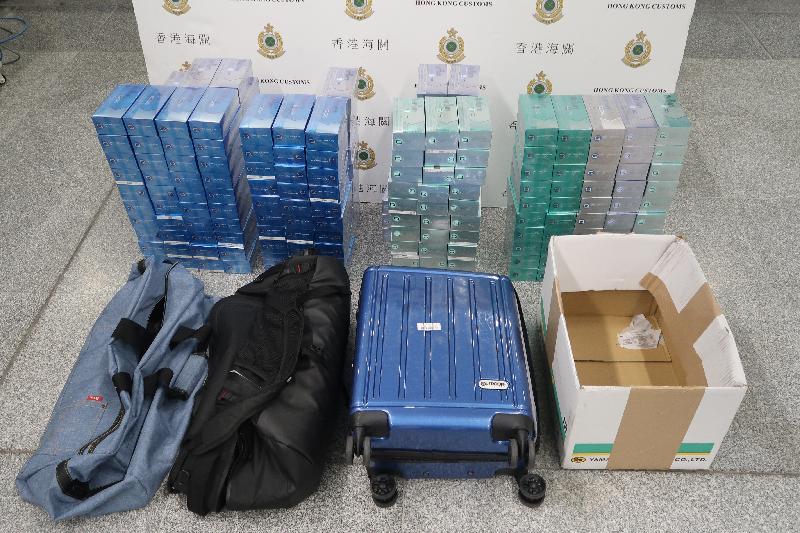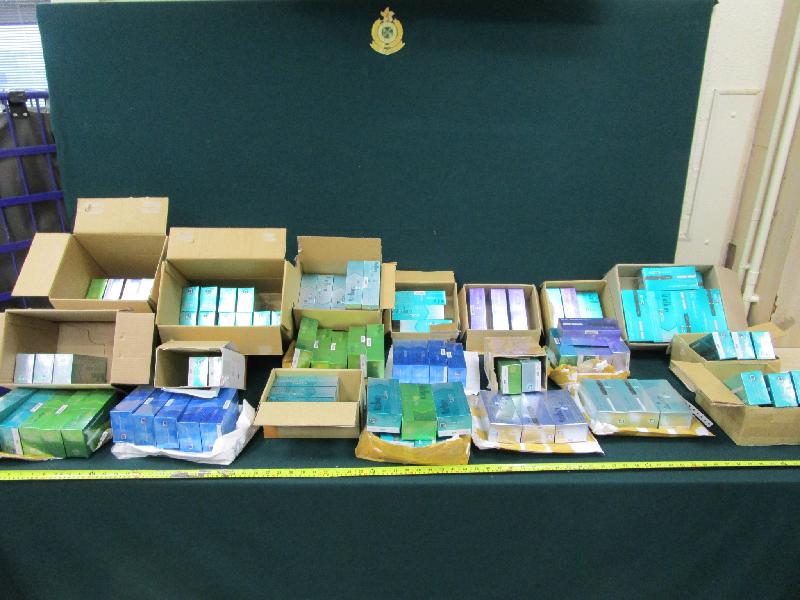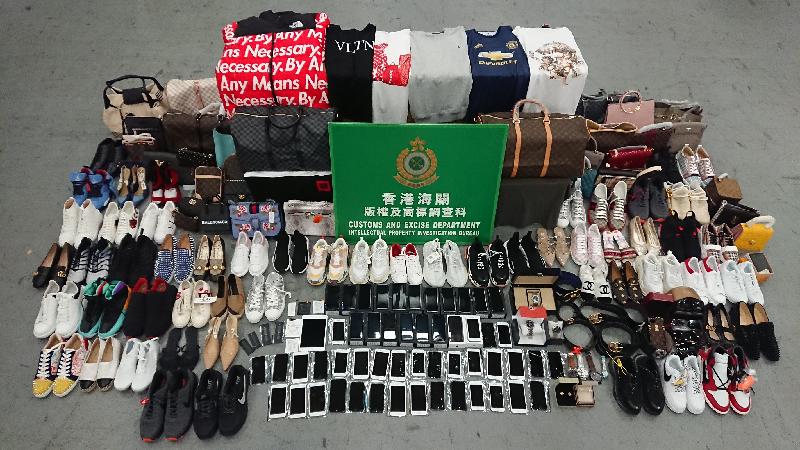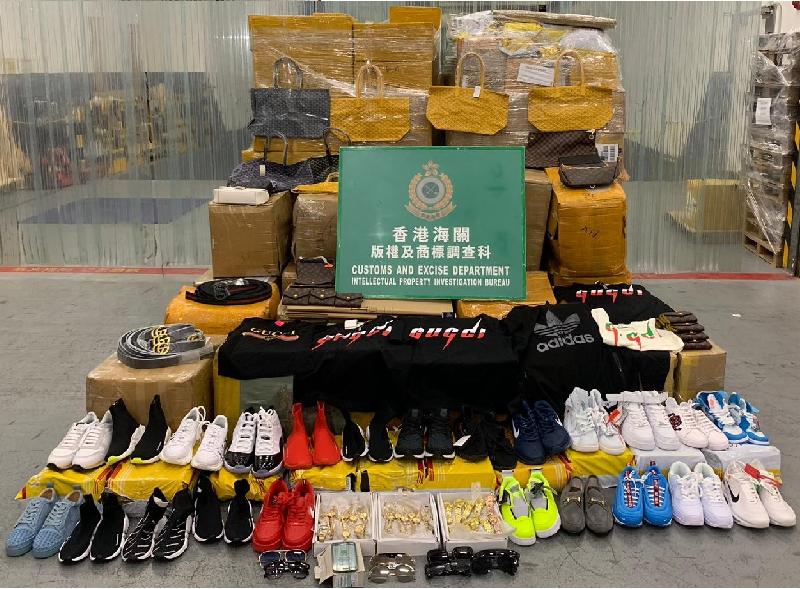Transcript of remarks by SCMA at media session on Register of Electors case
Following is the transcript of remarks made by the Secretary for Constitutional and Mainland Affairs, Mr Patrick Nip, at a media session today (April 15) at the Legislative Council (LegCo) Complex on the loss of a Register of Electors relating to the 2016 LegCo General Election:
Reporter: Secretary, do you think you also have a responsibility to monitor this kind of incident that should not have happened? Why don’t you need to step down for this incident?
Secretary for Constitutional and Mainland Affairs: First of all, we need to conduct a thorough investigation to find out what actually has happened, whether it is a systemic issue or there are insufficient guidelines or protocols, or whether there are problems in implementing the relevant guidelines and protocols. We need to find out the problems, the cause of the issues and who should be accountable or responsible. As I said, if there was deliberate cover-up or human error, we would, of course, follow strictly the existing disciplinary mechanism.
(Please also refer to the Chinese portion of the transcript.) read more





